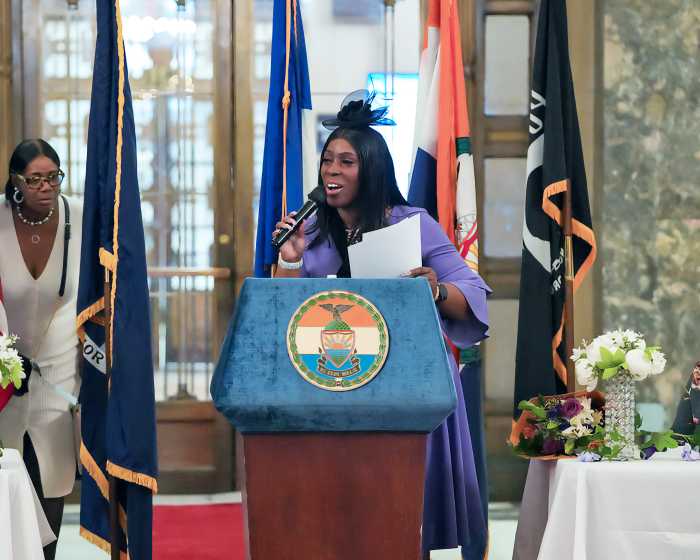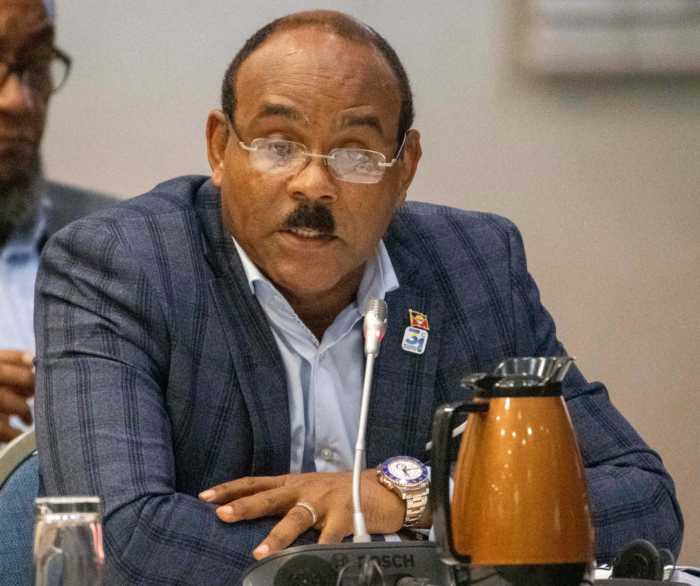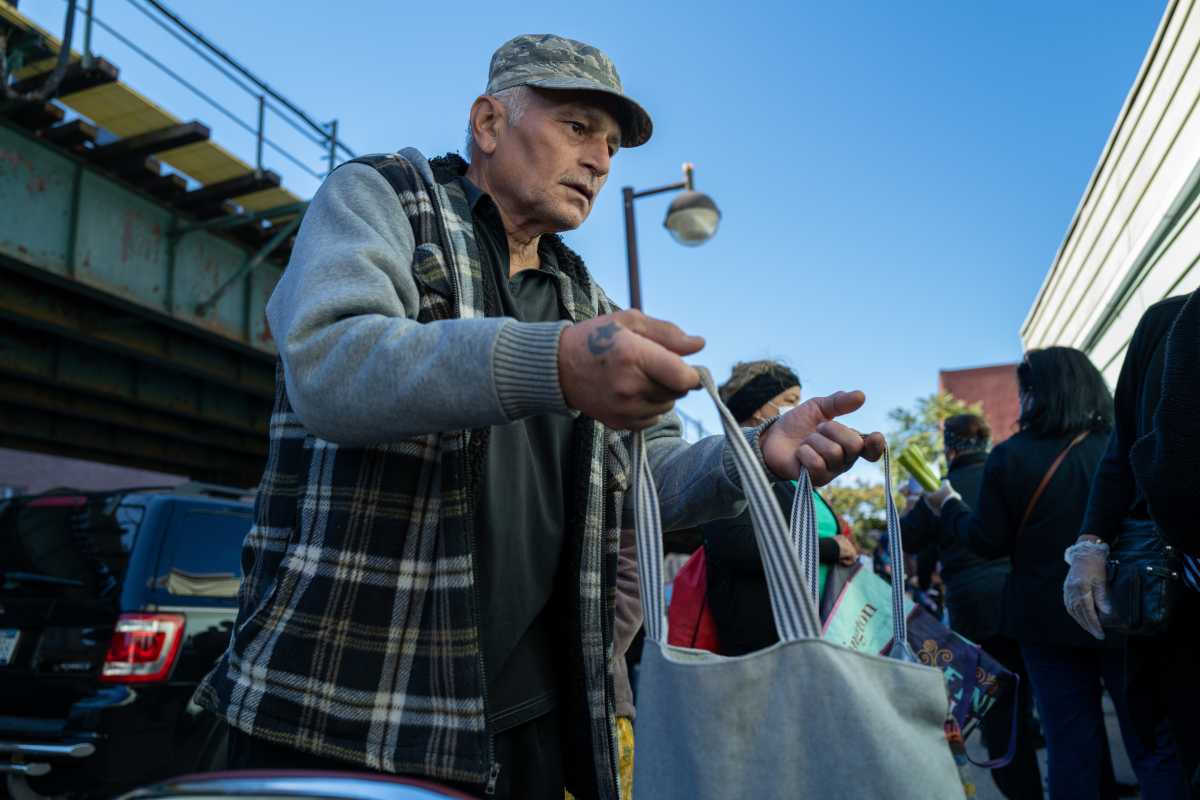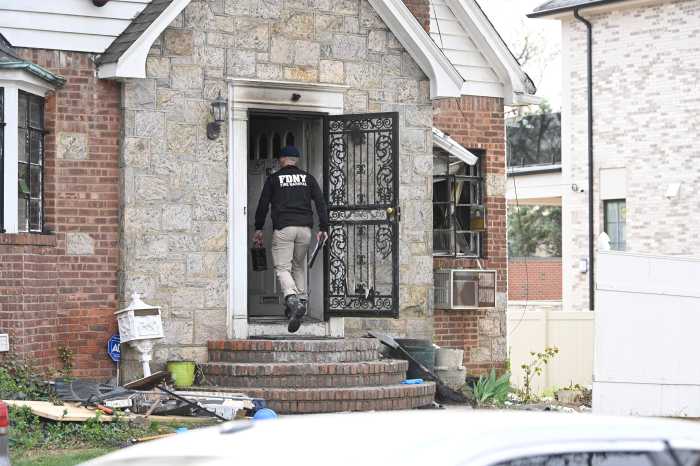The relevant authorities in St. Vincent and the Grenadines have strongly denounced the description of the country as being “notorious for money laundering” and a “prime money laundering destination.”
The description appeared in the international media on Oct. 29 in articles on the current Federal Bureau of Investigation (FBI) investigation into Paul Manafort, the former campaign manager of US President, Donald J. Trump, and the alleged Trump/Manafort links with Russia.
St. Vincent and the Grenadines is alleged to be one of the countries whose offshore structures were utilized to move funds allegedly controlled by Manafort.
In a joint statement, the National Anti-Money Laundering Committee (NAMLC), the Financial Services Authority (FSA) and the Financial Intelligence Unit (FIU) said such descriptions linking St. Vincent and the Grenadines with money laundering were “uninformed, outdated, erroneous and inaccurate.”
The authorities further underscored that “there is no basis for such descriptions, particularly as this country is not on any international sanction list as a money laundering haven, nor on any other international sanction list.
“The authorities emphatically refute that St. Vincent and the Grenadines is a ‘money laundering’ jurisdiction, and on the contrary, wish to point out that this country has for several years been effectively addressing money laundering and financial crimes, as well as responsibly participating in international initiatives aimed at combating money laundering, the financing of terrorism, tax offences and financial crime,” the statement said.
It said St. Vincent and the Grenadines is an active member of the Caribbean Financial Action Task Force, the Caribbean arm of the international anti money laundering standard setter, and the Organization for Economic Cooperation and Development (OECD) Global Forum, the international tax transparency standard setter.
The entities said St. Vincent and the Grenadines has been assessed as being “Largely Compliant” in relation to its legal and administrative tax transparency framework, adding that “this denotes a responsible and transparent tax jurisdiction.
“This country is also ‘US FATCA’ compliant, i.e. compliant with the US initiative to ensure tax reporting by its US citizens holding assets outside of the US,” they said. “St. Vincent and the Grenadines continues to be extremely cooperative on the global front, in the investigation and prosecution of money laundering, tax offences and criminal matters.”
Commencing in 2001 and 2002, the authorities said “this jurisdiction made significant legislative and administrative changes to implement a sound AML/CFT compliance regime, to the extent that its FIU has for several years, been well recognized by the Caribbean Financial Action Task Force and major countries, as one of a leading FIUs in the Caribbean region.
“The country’s regulatory laws are up to date, modern and effective as is its regulatory administrative framework which has been put in place to supervise the various regulated sectors, through the FSA,” they said.
The authorities said St. Vincent and the Grenadines has to date implemented appropriate laws and regulations that require banks and other financial institutions to maintain robust, effective anti-money laundering and other compliance programs.
They said the country has also made “considerable progress” in ensuring a properly regulated and supervised offshore and financial industry.
“The work of St. Vincent and the Grenadines in relation to financial regulation has been positively recognized by the International Monetary Fund (IMF) in its last Article IV Consultation Press Release and Staff Report (2016), where St. Vincent and the Grenadines was described as leading the region with respect to non-bank supervision and its work acknowledged in relation to the offshore banking sector, which was subject to frequent banking inspections,” the statement said.
“The relevant authorities consider the aforementioned descriptions in the international media to be particularly damaging to the reputation of St. Vincent and the Grenadines,” it added. “It appears that reliance may have been placed on historical information about this country’s ‘blacklisted’ status in the year 2000, as well as merely by reason of the operation of an offshore industry, which is popularly perceived as having negative connotations.”
The authorities said the global stigma attached to offshore industries “should not be broad brushed to this country, as St. Vincent and the Grenadines has substantively reformed its offshore industry since the early 2000s and presently operates a very small, well- regulated industry, governed by effective sector specific and general regulatory laws, specifically covering anti- money laundering compliance.
“At all material times, appropriate customer due diligence and customer verification procedures were undertaken in relation to the company formed in St. Vincent and the Grenadines referenced in the international media,” they said.
The authorities noted that even the most effective systems around the world sometimes may not prevent a criminal intention to commit fraudulent or money laundering activities, especially where legitimate names and business are utilized to incorporate a company or establish a business relation.
“The authorities recognize that this is so notwithstanding that satisfactory customer due diligence and customer verification procedures are obtained,” the statement said. “Thus, having effective systems of sharing of information and cooperation in the investigation of money laundering and criminal matters have also been at the forefront of this jurisdiction’s efforts over the past years.”
Since 2013- 2014 and more recently in 2017, the statement said the relevant authorities and institutions in St. Vincent and the Grenadines have been cooperating with the US authorities in the investigation of the matter at hand and will continue to lend their assistance.
“The authorities in St. Vincent and the Grenadines have thus acted properly in every respect in relation to this matter,” it said. “St. Vincent and the Grenadines remains committed to ensuring effective systems to detect, investigate and deter money laundering and also to provide assistance internationally in the investigation and prosecution of money laundering cases.
“St. Vincent and the Grenadines takes very seriously the threats posed by money laundering,” it added. “As a small developing country, St. Vincent and the Grenadines strives to address this transnational crime as a collaborative effort with the help of our international law enforcement partners and regulatory communities, to prevent, identify, punish and detect financial crime,” it added.

























